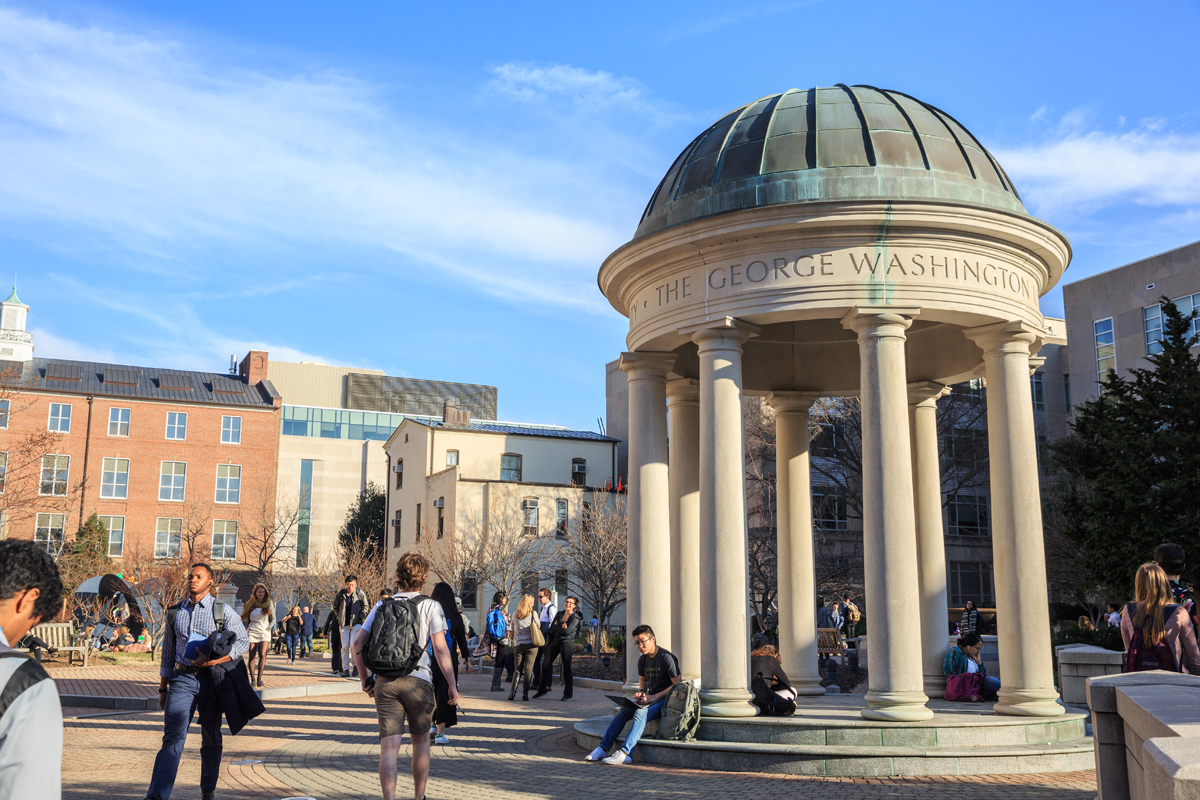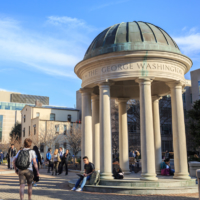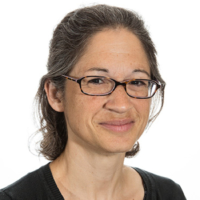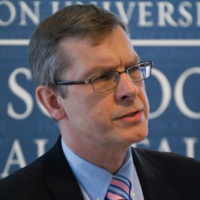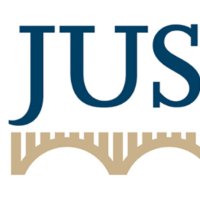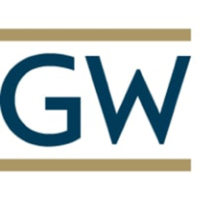Leading American scholars characterized next year’s U.S. elections as being of “existential” importance for Japan and the Indo-Pacific region in a recent online seminar titled “Prospects for the 2024 U.S. Elections and Implications for U.S.-Japan Relations.”
The seminar, the last of a three-part series, was sponsored by the Japan-U.S. Leadership Program of George Washington University’s Elliott School of International Affairs. The series was co-organized by The Japan Times and sponsored by Amway Japan G.K.
Other supporters include the Foreign Ministry and the U.S. Embassy in Tokyo. The World Affairs Council of Western Michigan is an implementing partner.
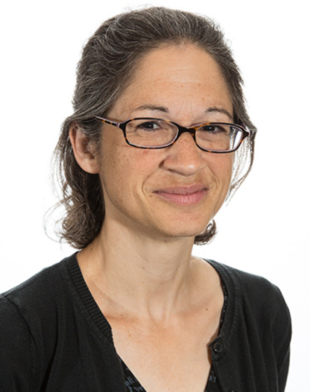
GW political science professor Sarah A. Binder observed that “partisan polarization” in American politics is at a 150-year high.
The ideological divide between the Democratic and Republican parties is mirrored by a split between “traditional” and “radical conservative” factions within the Republican Party. The resulting disarray “makes it hard to build bipartisan coalitions” in Congress to pass laws and address problems, Binder said.
Despite these divisions, “there is broad support for the U.S.-Japan relationship in the (Biden) administration, Congress, and public opinion,” said her colleague, professor of international affairs Christopher A. Kojm.
The joint statement issued after the November summit between U.S. President Joe Biden and Prime Minister Fumio Kishida indicates the countries are aligned on a broad range of shared values and interests.
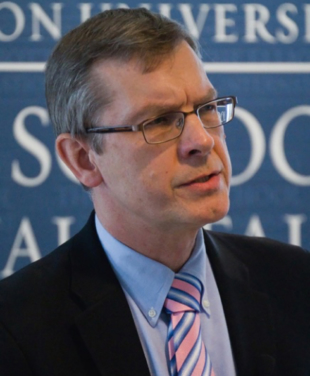
“U.S.-Japan relations are as close today as the relations the U.S. has with its most long-standing European allies,” Kojm said.
Nevertheless, both experts agreed that Japan and the Indo-Pacific region have a huge stake in the U.S. presidential election in November.
Biden, the presumed Democratic candidate, prefers to work cooperatively with allies to maintain and strengthen the international order. Likely Republican nominee Donald Trump showed in his previous term as president that he tends to act unilaterally, prioritizing personal relationships with other leaders over national interests and long-standing U.S. alliances.
While recent polls have suggested a close contest, at this point, “Voters aren’t really paying any attention to next year’s election,” Binder said. “The problem for Democrats will be turnout.”
JUSLP prepares the next generation of leaders from politics, government and journalism to serve as bridges between the countries, ensuring they remain steadfast allies. Online seminars complement an annual one-week executive education program that includes seminars at the Elliott School and meetings with national and community leaders in Washington, D.C., and Grand Rapids, Michigan.
JUSLP Executive Director Mark Davidson, also director of government and external affairs at Amway Japan, said, “The program’s goal is to enhance dialogue and trust between the United States and Japan, contributing to the peace, security, and prosperity of both nations and the Indo-Pacific region.”
For more information on JUSLP, see https://juslp.com/en/
Download the PDF of this article





